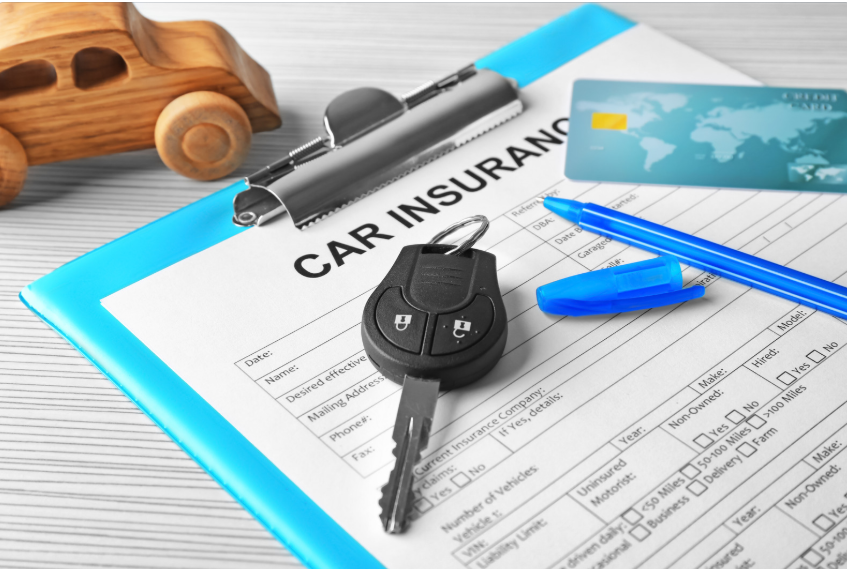Selling your car at the right time can make a significant difference in the price you get and how quickly you can close the deal. Understanding the best time to sell your car is crucial for maximizing your profit and minimizing the hassle of the selling process. In this guide, we’ll explore key factors that influence the optimal time to sell your vehicle.
Understanding Car Depreciation
Cars start to lose their value the moment they’re driven off the lot. Depreciation is a natural part of car ownership, but understanding how it works can help you time your sale for the best possible return. Typically, a car’s value drops the most in the first few years. After that, the rate of depreciation slows down, but factors such as mileage, condition, and market demand continue to affect resale value. Monitoring depreciation rates and understanding your car’s position in this cycle can guide you in deciding when to sell.
Seasonal Considerations
- Spring and Summer: These seasons are often considered the best times to sell a car. The warmer weather and longer days lead to higher demand for vehicles as buyers are more willing to make purchases and deal with the logistics of buying and selling. Convertibles and SUVs, in particular, are more sought after during these months.
- Fall and Winter: Car sales typically slow down during the colder months. Buyers may be less inclined to make a purchase, and weather conditions can make the process more cumbersome. However, this is also a good time to sell certain types of vehicles like 4x4s or all-wheel drives, which may be in higher demand as winter approaches.
Market Trends and Economic Factors
The broader automotive market and economic conditions play a significant role in determining the right time to sell. Pay attention to market trends such as fuel prices, new car model releases, and economic factors like interest rates and inflation. For example, if there is a spike in new car releases, used car values might drop. Staying informed about these trends can help you decide the best time to list your car for sale.
Vehicle-Specific Timing
- New Model Releases: If your car is older and a new model is about to be released, it might be advantageous to sell before the new models hit the market. New releases often lead to decreased demand and lower prices for older models.
- High Mileage and Maintenance: Selling your car before it hits a significant mileage milestone can help you get a better price. Also, consider selling before major maintenance or repair needs arise, as these can affect the car’s resale value.
- Upcoming Repairs: If you anticipate costly repairs in the near future, it might be better to sell before those repairs become necessary. Potential buyers may be put off by the need for immediate repairs, which could lower the sale price.
Personal Factors
- Financial Situation: If your financial situation changes, such as needing extra cash for an emergency, selling your car might become a priority. In such cases, you may need to sell quickly, which might impact the final sale price.
- Lifestyle Changes: Major life events such as relocating, changing jobs, or growing a family can affect your car needs. If your current vehicle no longer fits your lifestyle, it’s a good time to consider selling.
- Car Usage: Evaluate how frequently you use your car. If it’s not used often and is just sitting idle, selling it might be a sensible decision to free up space and resources.
Monitoring Market Value
To make an informed decision, regularly check your car’s market value using online tools and resources. Websites like Kelley Blue Book, Edmunds, and local listings can provide insights into your car’s current value. Comparing these values with similar cars on the market can help you set a competitive price and choose the best time to sell.
Expert Advice
If you’re unsure about the best time to sell or need help navigating the process, consider consulting with automotive experts or dealerships. They can provide valuable insights into market conditions and assist with pricing and selling strategies.
Preparing for Sale
Before listing your car, ensure it is in the best possible condition. Clean the car thoroughly, address any minor repairs, and gather all necessary documentation such as maintenance records and the title. A well-presented vehicle not only attracts more buyers but can also command a higher price.
Takeaway
Timing is everything when it comes to sell your car. By understanding car depreciation, considering seasonal trends, monitoring market conditions, and evaluating personal factors, you can choose the best time to maximize your profit and streamline the selling process.










